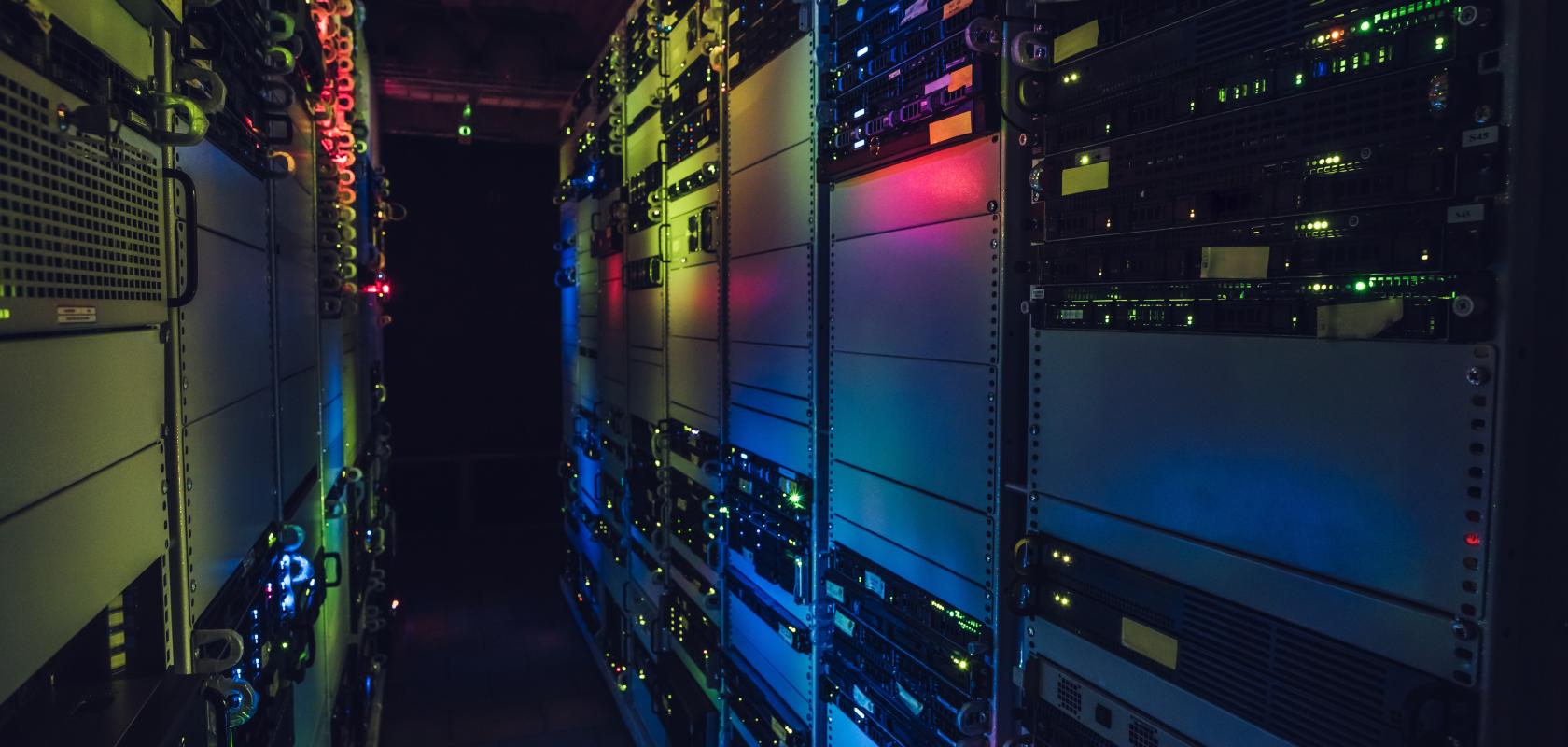The 14 partners of the DEEP-SEA project consortium met in Barcelona on 18-19 April 2023 to discuss the project’s status at the two-year mark. The meeting, hosted by the Barcelona Supercomputing Center-Centro Nacional de Supercomputación (BSC-CNS), provided a platform for BSC researchers to showcase the readiness of BSC-developed tools for integration with the rest of the DEEP-SEA software stack and their use within DEEP-SEA applications such as weather forecast and climate, seismic imaging, space weather, molecular dynamics, computational fluid dynamics, and neutron Monte-Carlo transport for nuclear energy.
Since the project’s inception, the BSC’s departments of Computer Sciences, Computer Applications in Science and Engineering (CASE) and Earth Sciences have worked together across all levels of the software stack to enhance the efficient programming and use of the high-performance computing (HPC) clusters. Their work has led to developments in threemain areas:
- Adding malleability support to the DMRlib dynamic resource management libraries and OmpSs-2@Cluster programming models. These tools enable applications to change their resource usage at runtime, depending on application phase or system state, resulting in improved load balance (via the DLB library), system resource usage and throughput.
- Enhancing BSC OmpSs-2 programming models and Nanos6 runtime environment. The runtime allows for the monitoring of the application execution and adapting its resource use to exploit the hardware in the most efficient manner, saving energy and improving load balance, while maintaining performance. BSC researchers also extended support for heterogeneous HPC systems.
- Ensuring the efficient use of memory systems at various levels. BSC performance tools, Extrae and Paraver have been extended with PROFET memory profiling and performance analysis as well as modelling features. These features enable HPC users to understand and improve the memory use of their production HPC applications. BSC also developed an ecoHMEM framework for automatic data placement in heterogeneous memory systems and a MUSA and DRAMSim3 simulation infrastructure for the exploration of future memory systems, including processing-in-memory architectures.
Petar Radojkovic, BSC Principal Investigator for the DEEP-SEA project, believes, “This meeting with the DEEP-SEA consortium in Barcelona allowed us to showcase the work being done by the BSC. Our developments are ready for integration with the rest of the DEEP-SEA software stack and to be demonstrated with applications and use cases from the project, including the BSC applications for seismic imaging, weather forecast and climate. In the project's last year, we'll take concrete steps to pursue production testing and the deployment of the tools we've developed.”
The BSC also coordinates the DEEP-SEA Innovation Council, which monitors, supports, and publicises project innovations. As a part of these activities, BSC organised a two-day European Memory Systems Forum dedicated to identifying existing challenge and possible solutions for high-performance memory systems. The event offered a space for open exchange and discussion between industry heavyweights like Intel, Micron, Atos, SiPearl and technical experts and senior management from European research centres.
The DEEP-SEA (Software for Exascale Architectures) project is coordinated by the Jülich Supercomputing Centre (JSC), which is part of the Forschungszentrum Jülich (FZJ). The project involves 14 partners from eight countries: Atos (Bull SAS), Barcelona Supercomputing Center (BSC), Commissariat à l'énergie atomique et aux énergies alternatives (CEA), European Centre for Medium-Range Weather Forecasts (ECMWF), Eidgenössische Technische Hochschule (ETH) Zürich, Fraunhofer-Gesellschaft zur Förderung der angewandten Forschung e.V, Idryma Technologias Kai Erevnas (FORTH), Katholieke Universiteit Leuven, Kungliga Tekniska Högskolan (KTH), Leibniz Supercomputing Centre (LRZ), ParTec AG, Technische Universität Darmstadt and Technical University of Munich.
The DEEP-SEA project has received funding from the European High Performance Computing Joint Undertaking (JU) under Framework Partnership Agreement No 955606.The JU receives support from the European Union’s Horizon 2020 research and innovation programme and from Germany, France, Spain, Greece, Belgium, Sweden, United Kingdom, Switzerland. The DEEP-SEA project, PCI2021-121958, is co-funded by the Spanish State Research Agency-Ministry of Science and Innovation, MCIN/AEI /10.13039/501100011033 and by the UE NextGenerationEU/PRTR.


